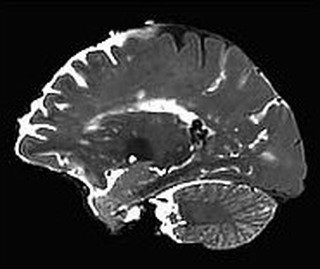
Brain Waste-Clearance System Shown in People for First Time
Recently, a study from Oregon Health & Science University showed that cerebrospinal fluid flows into the brain through distinct channels called perivascular spaces and then into the brain tissue, a discovery that aligns with the glymphatic system described in mice.
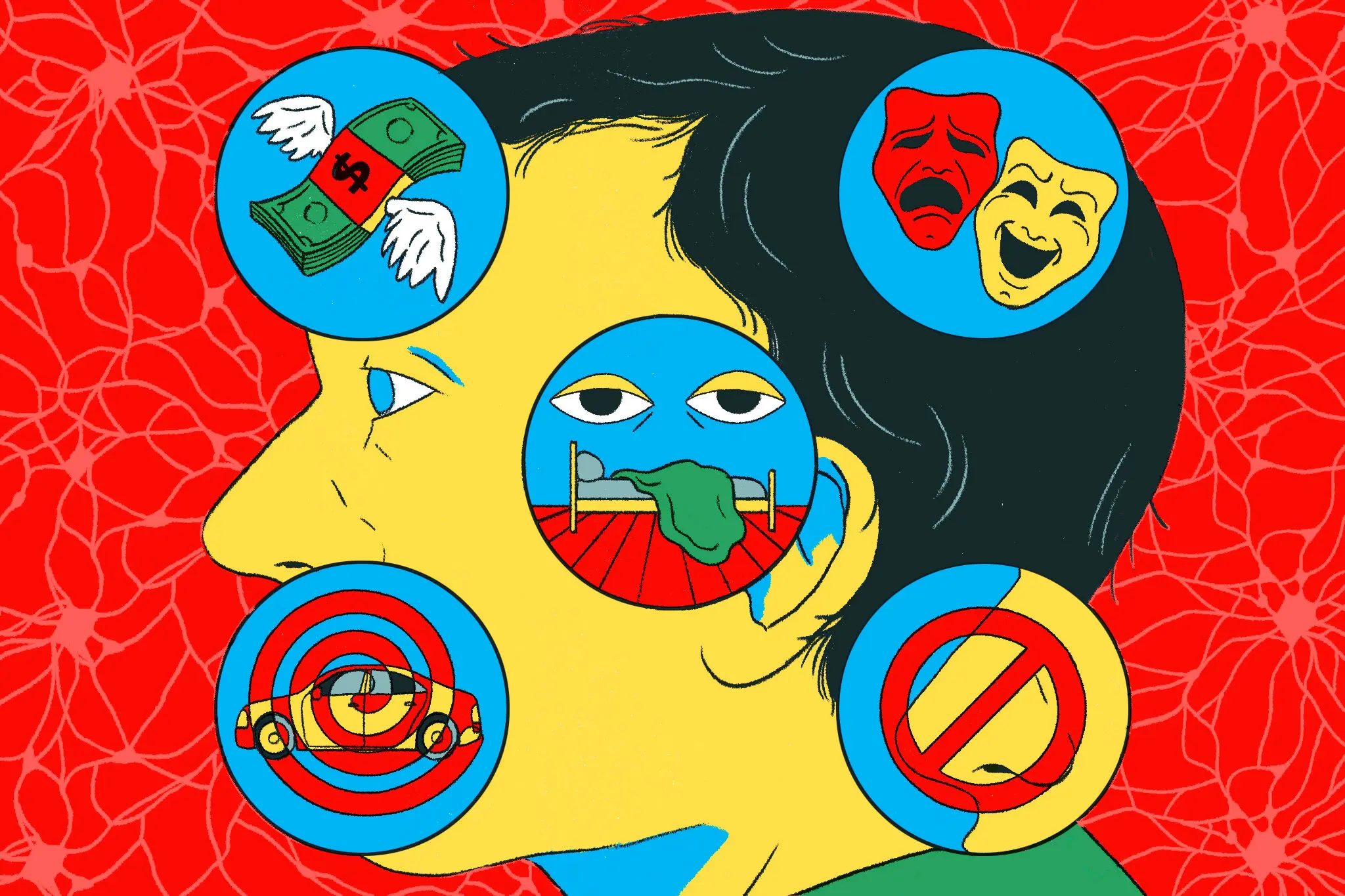
Memory Loss Isn’t the Only Sign of Dementia
Memory loss is the most recognized symptom of dementia, particularly in Alzheimer's disease, but experts point out other early warning signs that are significant for types of dementia where forgetfulness isn't primary.
Here are five other common red flags to look out for.

Industry Roundtable | Advancing Clinical Trials for Neuroprotective Treatments Targeting Synucleinopathies
We recently wrapped up our second Industry Roundtable at the Movement Disorders Society Congress in Philadelphia.
Our focus? Advancing clinical trials for neuroprotective treatments targeting synucleinopathies.

Digital Biomarkers for Non-Motor Symptoms in Parkinson’s Disease
Wearable tech may help track non-motor Parkinson’s symptoms like sleep issues linked to REM sleep behavior disorder. NAPS will soon begin a pilot study at select sites.
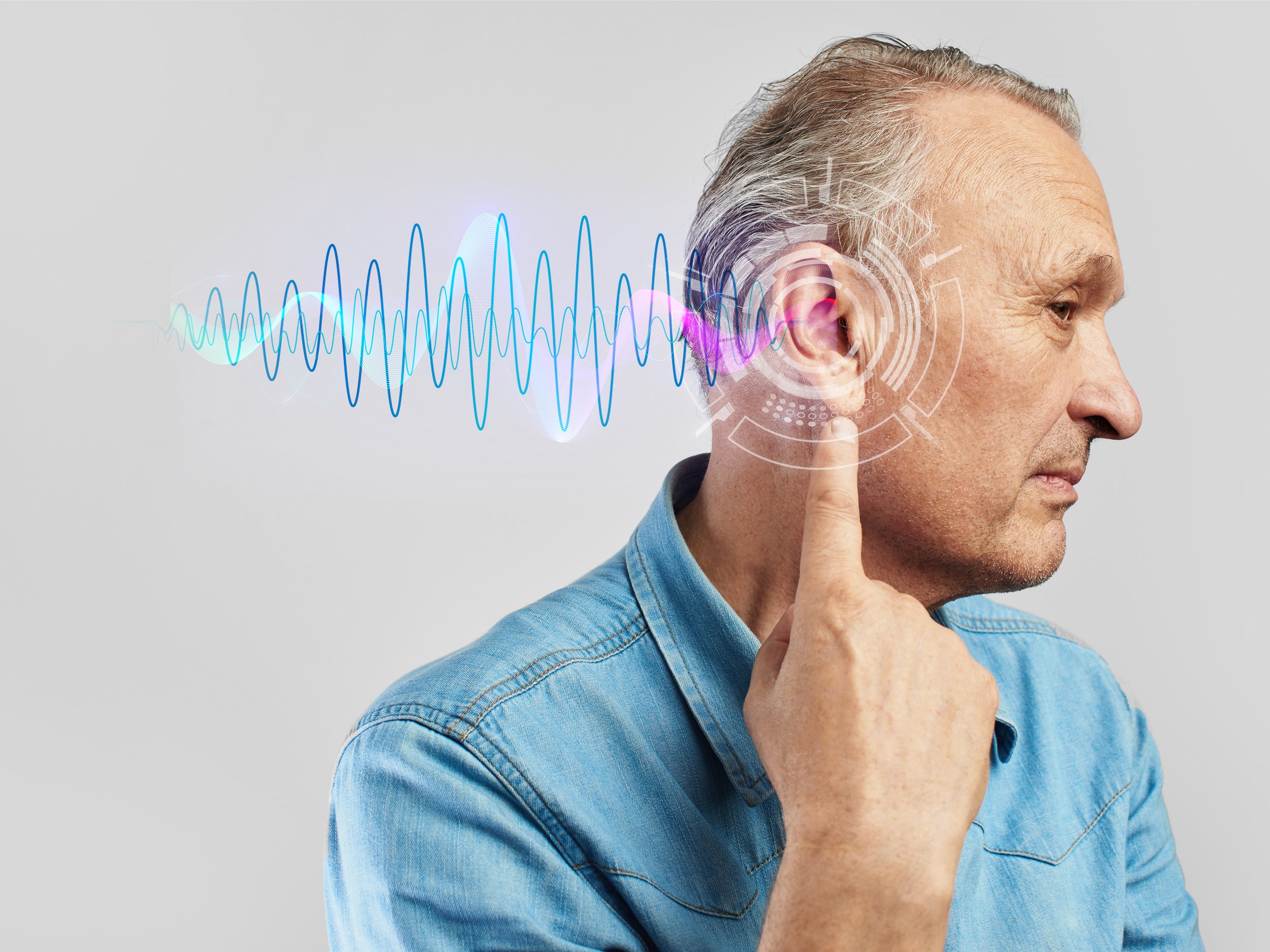
A Machine Learning Approach for Early Identification of Prodromal Parkinson’s Disease
A study suggests voice analysis in RBD patients may help detect early Parkinson’s progression. AI monitoring of voice, movement, and walking patterns shows promise but needs further validation.

Obsessed with Sleep
The New York Times delves into the rise of sleep optimization, noting the risks of 'orthosomnia'—an excessive focus on perfect sleep that can backfire. While aids like magnesium and gadgets help some, experts emphasize simpler habits.

Cognitive, Motor, and Autonomic Function Among Individuals with Serotonergic Versus iRBD
A study by Dr. Michael Howell and NAPS team at University of Minnesota found key differences between RBD triggered by antidepressants (Serotonergic RBD) and idiopathic RBD (iRBD). Follow-up ongoing to assess neurodegenerative risks.

Acetyl-DL-Leucine in Two Individuals with RBD Improves Symptoms
A recent study reported on two individuals with RBD treated with acetyl-DL-leucine (ADLL). Both had significantly decrease in severity of RBD symptoms, with improvements sustained for over 18 months. More intriguingly, both individuals had change in dopamine transporter imaging and brain imaging patterns opposite from what would be expected for Parkinson's disease, suggesting that ADLL might have a neuroprotective effect.
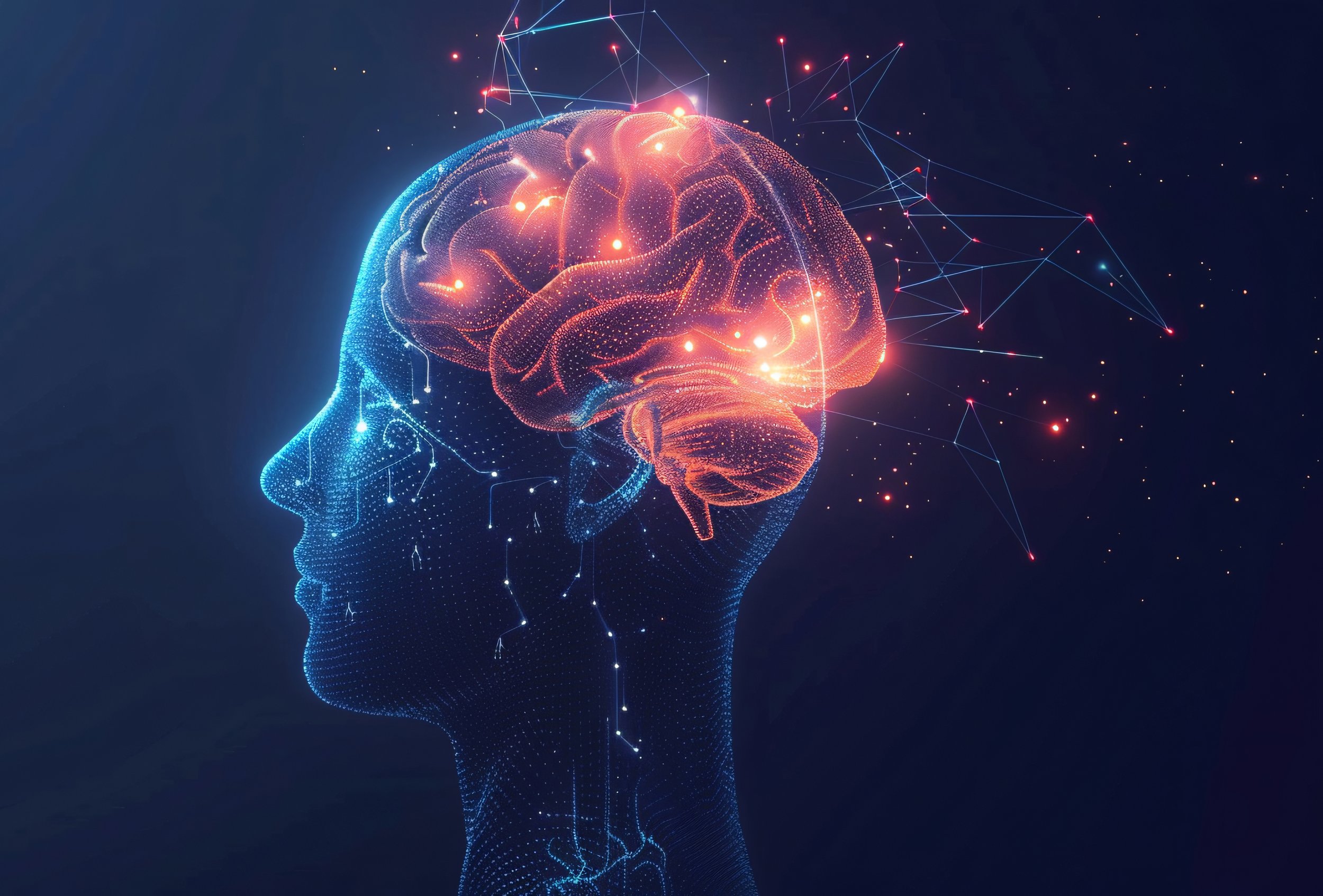
CSF Markers of Neurodegeneration Alzheimer’s and Lewy Body Pathology in Isolated RBD (iRBD)
Researchers at Hospital Clinic of Barcelona, Spain analyzed cerebrospinal fluid (CSF) from 148 patients with isolated REM sleep behavior disorder (iRBD) to find biological signals linked to neurodegenerative diseases. The study team used advanced techniques to measure proteins, including misfolded alpha-synuclein and Alzheimer’s markers, and tracked participants longitudinally to determine whether these markers may predict disease development.
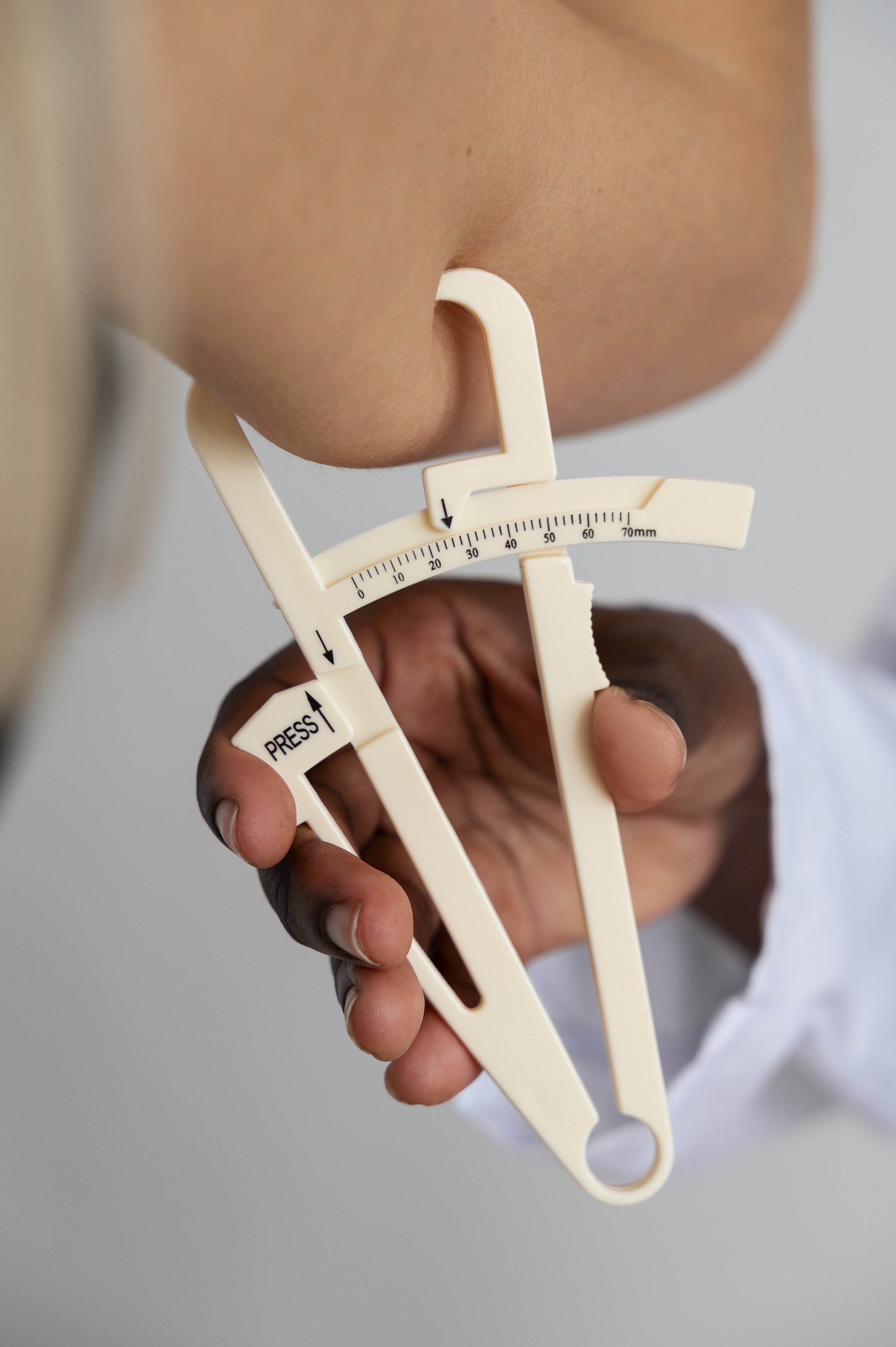
Does Your Body Composition Affect Your Risk of Dementia or Parkinson's?
Researchers found that higher levels of belly and arm fat are associated with increased risk of developing Alzheimer's and Parkinson's diseases, especially among those with lower muscle strength. The study showed that individuals with high belly fat had a 13% higher risk, and those with high arm fat had an 18% higher risk of these neurodegenerative diseases compared to their counterparts with lower fat levels.

Fecal Microbiota Transplantation Had No Benefit as Parkinson Disease Treatment
A recent study evaluated the effects of fecal transplant in improving clinical symptoms in PD. This study showed that fecal transplant did not lead to meaningful improvement in Parkinson's disease. The role of the gut in PD is still an interesting concept in how the disease evolves and more studies are needed to evaluate interventions that are based on altering gut flora as a possible therapeutic intervention.
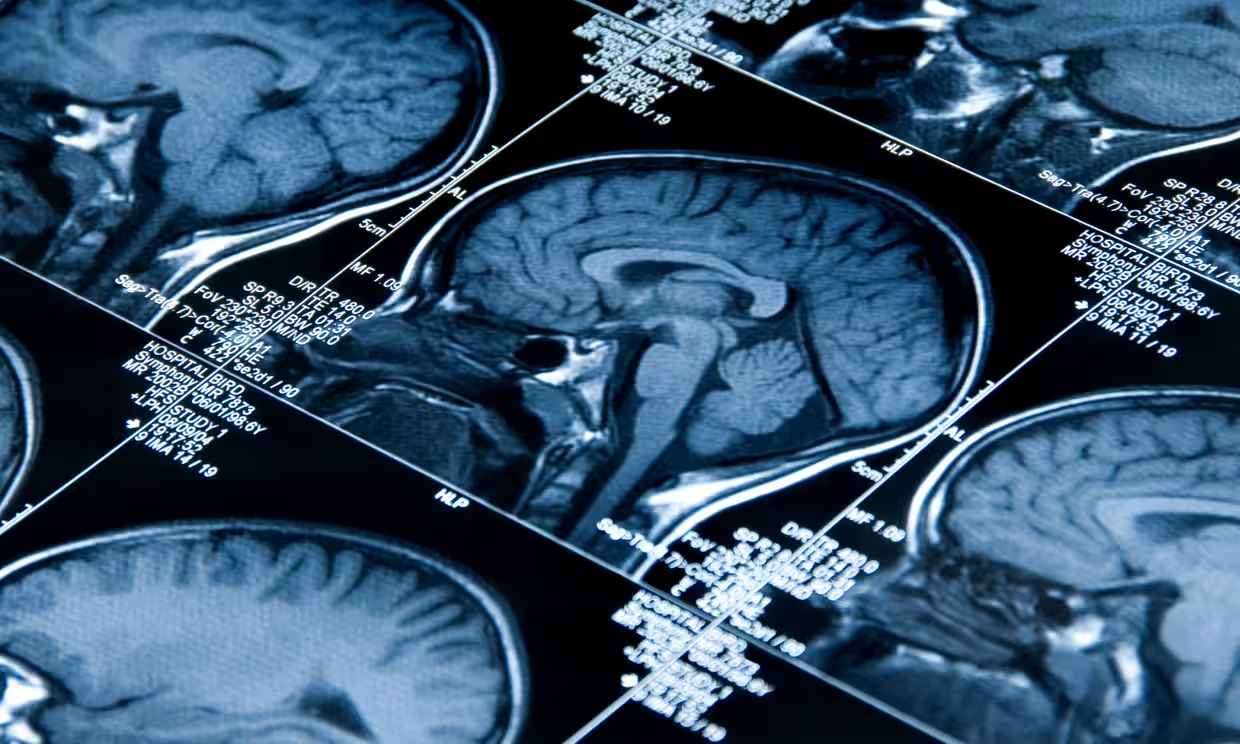
Night Owls’ Cognitive Function ‘Superior’ to Early Risers, Study Suggests
The notion that night owls who stay up late struggle to be productive during the day might need rethinking.

Processed Red Meat Has Been Found to Raise the Risk of Dementia
Processed red meat has been found to raise the risk of dementia according to preliminary research presented at the Alzheimer's Association International Conference.
The study tracked more than 130,000 adults in the U.S. for up to 43 years. During that period, 11,173 people developed dementia. Those who consumed about two servings of processed red meat per week had a 14% greater risk of developing dementia compared to those who ate fewer than three servings per month.

How Much Do You Know About Your Dreams?
Dreaming might help us practice handling threats, process emotions, and make sense of information. While many aspects of dreaming remain mysterious, researchers have uncovered some surprising insights. Curious about what you know about dreaming?

Plasma Proteomics Identify Biomarkers Predicting Parkinson’s Disease up to 7 Years Before Symptom Onset
A recent study found that 23 different proteins may help predict Parkinson’s disease (PD) and help differentiate people who may develop PD. The study also discovered that people with isolated REM Sleep Behavior Disorder (iRBD) had inflammatory blood markers suggesting the role of inflammation in the development of PD.

Is Sleep the Ultimate Brainwasher? 🧼🧠
Researchers at Washington University School of Medicine discovered that during sleep, brain cell activity generates fluid movement that clears debris from the brain.
This process, driven by synchronized neural activity producing rhythmic waves, is crucial for removing metabolic waste, potentially offering new approaches to treating neurodegenerative diseases like Alzheimer’s and Parkinson’s.

The Research Renaissance: Exploring the Future of Brain Science Podcast | Unlocking the Mysteries of Sleep with Dr. Alon Avidan
In this podcast, Dr. Avidan shares his insights on how sleep impacts brain health and explores the bidirectional relationship between sleep disorders and neurodegenerative conditions such as Parkinson’s disease and Alzheimer’s disease.

From “Fits” to Parkinson’s Disease
NAPS Investigator, Alon Avidan, MD, and a team of researchers measured the extent of diagnostic delay and identified common misdiagnoses. The range of initial diagnoses given at time of presentation included night terrors, nightmares, anxiety/panic, severe obstructive sleep apnea, Parkinson’s disease, and foodborne illness.

Sleep Position May Influence Risk for Neurodegenerative Diseases
A new study from the Mayo Clinic suggests that sleeping in the supine position may be a modifiable risk factor for neurodegenerative diseases such as Alzheimer’s, Parkinson’s, and mild cognitive impairment.
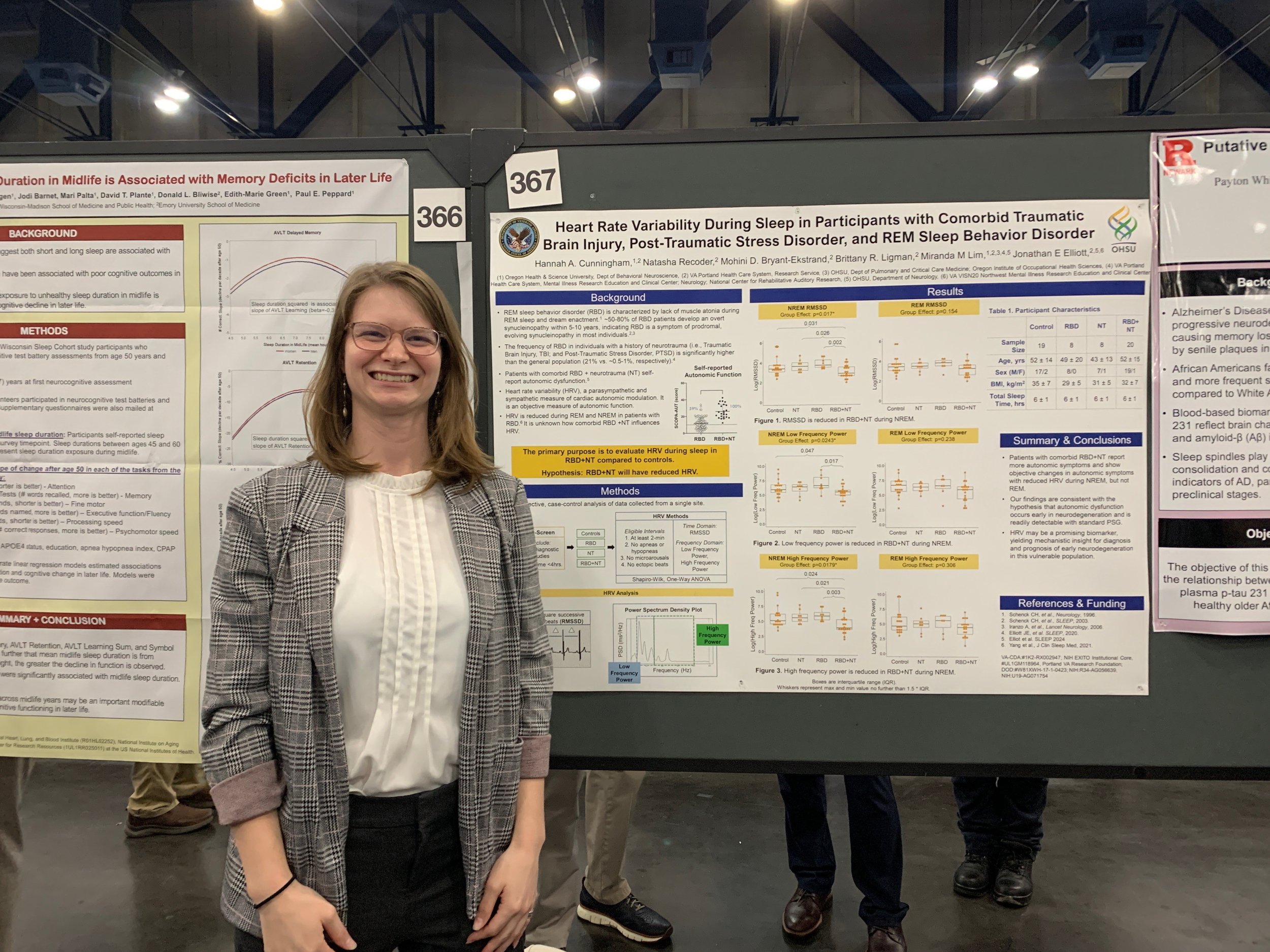
Heart Rate Variability During Sleep in Participants with Comorbid Traumatic Brain Injury, Post-Traumatic Stress Disorder, and RBD
NAPS Investigator, Miranda Lim, MD, Hannah Cunningham, and a team of researchers from Oregon Health & Science University conducted a study to compare heart rate variability during sleep in patients with both RBD and neurotrauma (RBD+NT) in comparison to only RBD, only neurotrauma, and controls.
